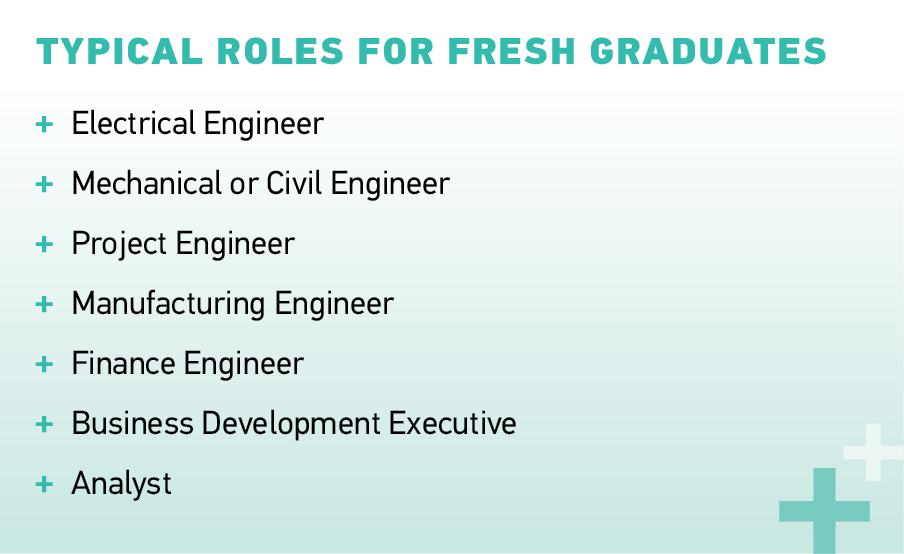While environmental and commercial factors are accelerating changes in the energy industry, long-term prospects in this industry remain attractive.

The energy sector today is undergoing major transformations. Energy demand and investment have been affected by global pressures to reduce carbon emissions, with governments worldwide now transiting to more sustainable energy sources.
Similarly, Singapore’s energy industry is undergoing rapid transformation. For Singapore, it is a key national priority for the country to secure a sustainable energy future in the face of climate change. This has seen a stepping up of research into low-carbon energy sources and the launch of many low carbon energy projects and initiatives.
Today, Singapore remains a major energy trading hub and oil refining centre and a key player in energy financing in Southeast Asia. Its diverse energy industry includes the oil and gas, marine and offshore, renewable energy, and the power and utilities sectors.


The energy industry offers stable career prospects, boasting one of the lowest attrition rates across sectors.
Available jobs in the industry include operational and managerial roles in energy facilities. Graduates today, however, enjoy career pathways beyond these traditional roles as a result of new jobs generated by Singapore’s exploration into future energy generation options for the nation. These new jobs include roles in research and engineering in emerging areas ranging from solar energy and energy storage to biofuels. The commencement of Singapore’s open electricity market has also led to an increased recruitment for energy retail and digital roles.
Exciting opportunities can also be found in energy trading companies, where roles such as project management, portfolio management and data analysis are in demand. Graduates from non-engineering backgrounds can also find positions in finance, marketing, sales and corporate communication in energy-related firms.
New technologies such as energy analytics and smart meters are other forces reshaping the industry. With the advent of these new technologies, engineers and managers in the field will increasingly be required to upskill in areas such as data analysis.
RELEVANT QUALIFICATIONS/SKILLS
- Degree in engineering or related disciplines
- Engineers who wish to become Energy Managers may require additional certification, for example, as a registered Singapore Certified Energy Manager (SCEM) or certified Water Efficiency Manager
- Good interpersonal and communication skills
WHAT RECRUITERS LOOK FOR
- Strong analytical, project management, and organisational skills
- Systematic and meticulous working style
- Ability to work independently as well as collaboratively in a team
- Good understanding of energy markets and new technologies and trends would be an advantage





